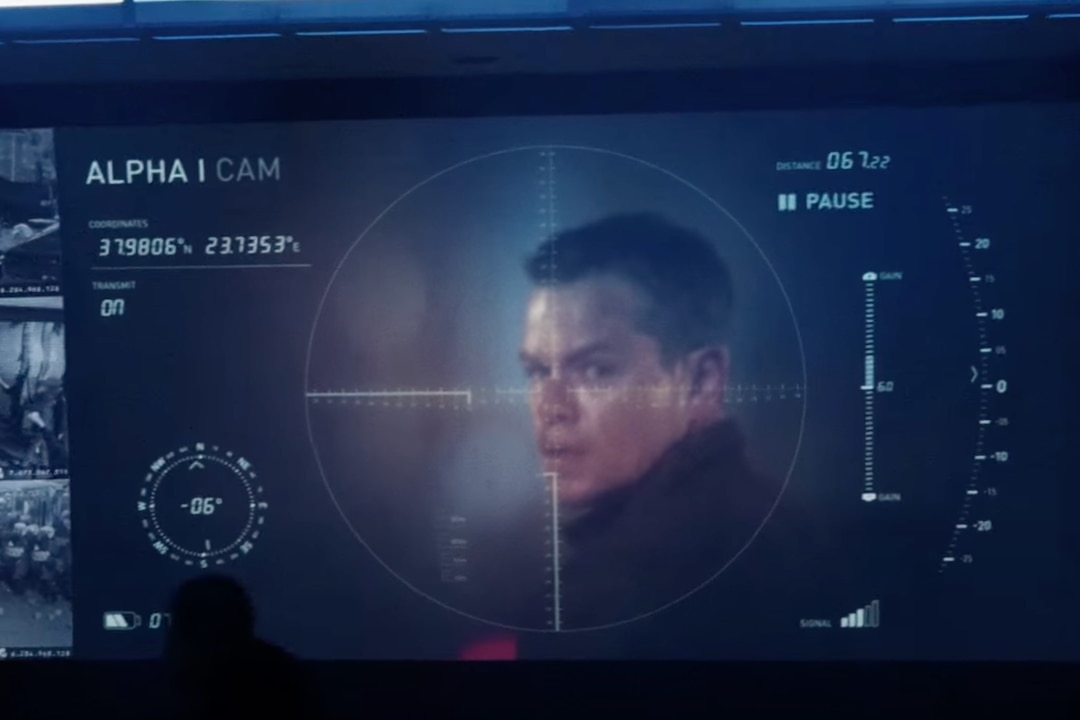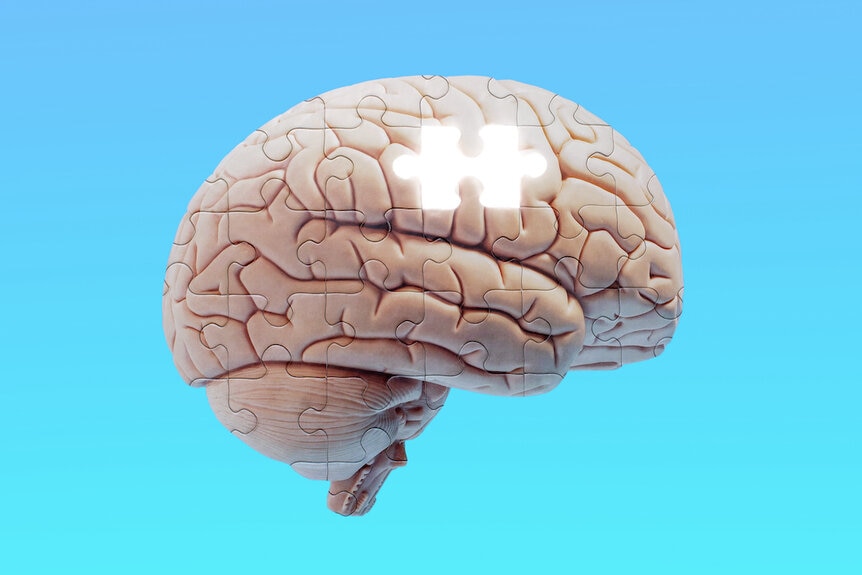Create a free profile to get unlimited access to exclusive videos, sweepstakes, and more!
Scientists recover 'lost' memories in mice, like a bunch of tiny Jason Bournes
We wonder what we don't remember we've forgotten.

You wake up in the Mediterranean Sea. You don’t remember how you got there, who you are, or why there are two bullet holes in your back. That would be weird enough, but you also seem to know several languages and how to knock someone out in a number of interesting ways. By the time you realize that you’re Jason Bourne, you’re smack dab in the middle of another fight for your own survival. If only there had been a way to recover your memories earlier.
While most of us aren’t secret agents running from government cronies, we’ve all experienced the occasional brain fart, when information you absolutely know remains locked behind a neural barrier you can’t see through. Then, at some later date, when you no longer need the information it will float unheeded to the surface of your psyche. It was there all along, you just couldn’t get at it until now.
Precisely how memories are formed, stored, and maintained isn’t fully understood, but we know of a few things that make it work less efficiently. Head trauma, of course (the sort you might get at the hands of secret government agencies) is a great way to lose some memory, but there are less traumatic brain busters, too. Something as common as not getting enough sleep has been shown to have a dramatic effect on your ability to remember information.
RELATED: Human forgetfulness is a feature, not a bug
Now, new research led by scientists at the University of Groningen in the Netherlands and published in the journal Current Biology, demonstrates a process which more effectively retrieves memories formed during sleep deprivation. Researchers found that memories formed during sleep deprivation are still stored, but are more difficult to retrieve later on. That’s one of the reasons that pulling all-nighters to study for a test isn’t an effective strategy for success. You’re likely to store the information, but less likely to be able to retrieve it on test day. Researchers set out to find a way to more readily retrieve information when you need it.
To test whether they could force memory recall, scientists relied on genetically modified mice and a process known as optogenetics. These mice have been modified with a light sensitive protein in their neurons which scientists can use to manually trigger specific neurons using implanted light-emitting electrodes. Researchers asked their mice to memorize the locations of several different objects either while sleep deprived or well rested. Then they asked the mice to repeat the task, only this time one of the objects had been moved. Researchers found that the mice who had gotten enough sleep recognized right away that something had changed. The ones who were sleep deprived did not. Sleepy mice are forgetful mice and the same goes for people.
Then they repeated the experiment again but this time they used light and light-sensitive proteins to activate the target neurons ahead of time. When they did that, the sleep deprived mice suddenly had improved memory and performed on par with the mice who were well rested.
That’s great if you happen to be a genetically modified mouse with a brain implant and you need to remember something important. The rest of us will need a different solution. Fortunately, researchers have an idea. They realized that the neuronal pathway they were triggering was the same as those targeted by the approved asthma drug roflumilast. If that pathway is the retrieval mechanism then we should be able to set it off with a pill. No need for implants and genetic modification. So, researchers tried their experiment again.
This time the mice were given roflumilast instead of direct light stimulation. Those mice who were given the drug recalled information at elevated rates consistent with rested mice and mice who received direct light-based stimulation. Researchers are hopeful this might lead to new or improved treatments for age-related memory loss like Alzheimer’s and dementia.
In age-related memory loss, we know the memories have been stored, but for complex and poorly understood reasons, folks can no longer retrieve them. In mice, at least, these treatments appear to reverse that. Moreover, roflumilast is already approved for us in humans, potentially streamlining the path to treatment for memory loss. In the meantime, make sure you get enough sleep, it’s one of the best things you can do for your brain.
For more adventures in memory, check out 50 First Dates, streaming now on Peacock!



























